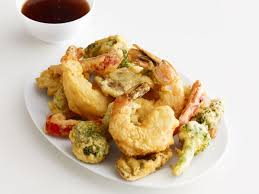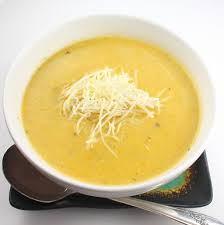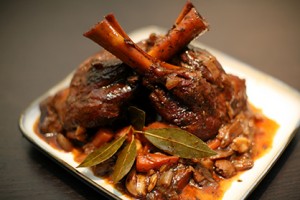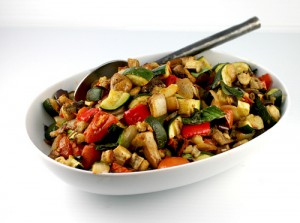Thankfully, the short answer is no. GMO stands for genetically modified organisms. These are plants and animals that have been genetically modified by scientists to produce favorable traits. They have many people concerned because the most common trait that is engineered into these plants is to resist pesticides so that more pesticides can be used to control weeds and pests.
The only known GMO experiment for olive trees was started at the University of Tuscia near Rome. It was an experiment to develop trees that could resist infections. In 2012 the Italian government ordered all the trees destroyed to comply with a 2002 law that banned field experiments involving GMO plants.
Olive trees have escaped the GMO craze because they do not lend themselves to intensive agricultural methods. Also, they have a tremendous biodiversity consisting of hundreds of cultivars so desirable traits can be found with traditional methods of cross breeding and grafting.
The absence of GMO’s and its highly unlikely development in the future is another reason to love olive oil. Almost all other vegetable oils, including corn oil, soy oil, cotton seed oil and many others, contain some GMO’s.




